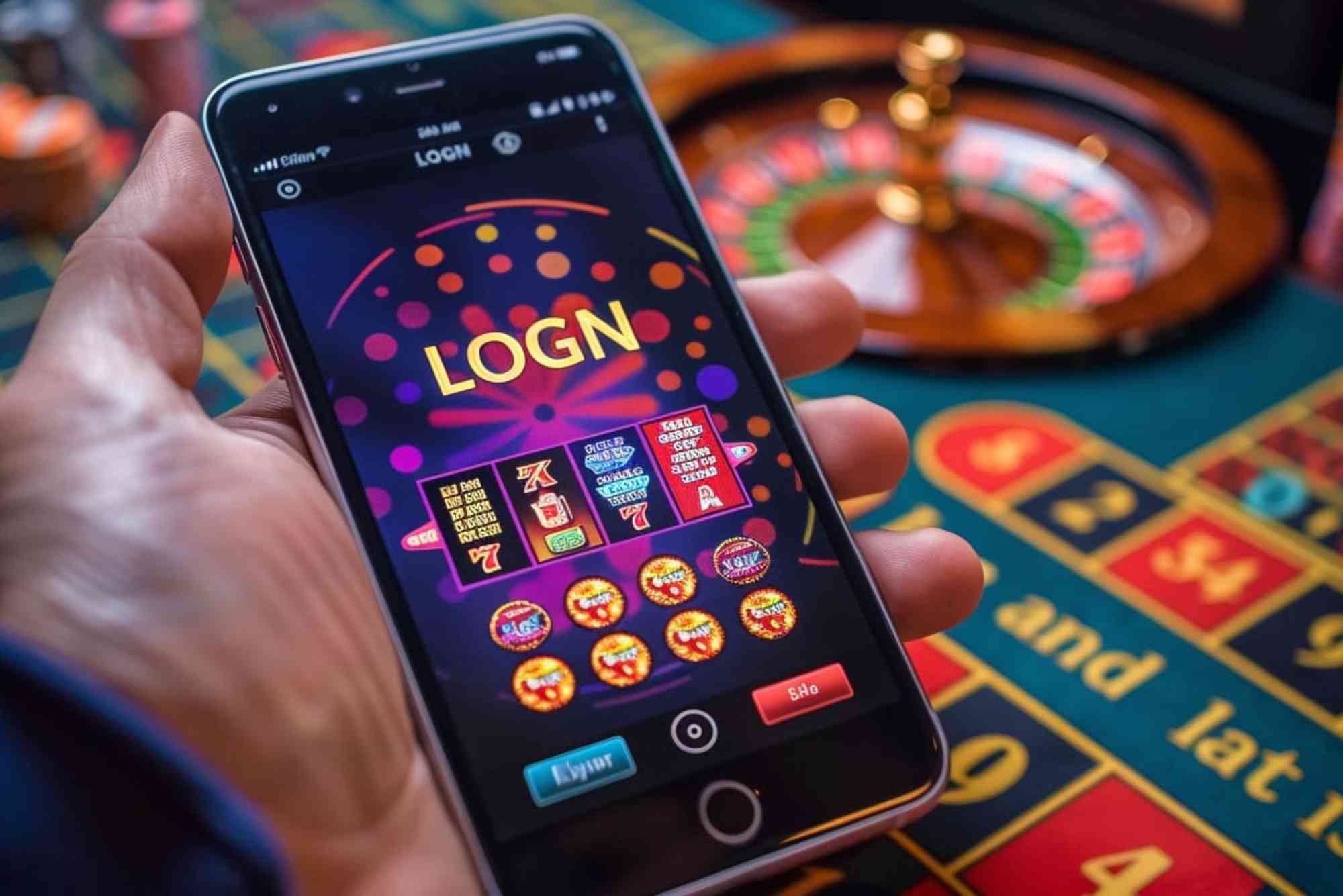Casino tournaments are the gambling world’s version of a marathon: lots of runners, one finish line, and plenty of strategy between the start and the payout table. I’ve jumped into everything from low-stakes slot races to invite-only blackjack showdowns, and I’ve learned that tournaments can either turbocharge your entertainment budget or quietly drain it while you chase leaderboard glory. The difference comes down to structure, mindset, and how you value time versus pure expected value.
How Casino Tournaments Actually Work
In a typical tournament, everyone buys in (or qualifies via promo) and receives the same “ammo”—credits, chips, or a fixed time window. You’re competing on performance, not just luck. With slots, it’s usually about racking up the highest coin-in or win total in a set time. With table games, it could be ending a round with the biggest stack. Your real-money risk is often capped by the entry fee, which is why tournaments feel like a safer playground than open-ended cash sessions. Yet the devil is in the payout structure: a top-heavy prize pool can mean hundreds of players subsidizing a handful of winners. If you’re consistently middle-of-the-pack, the “cheap entertainment” angle only holds if you genuinely enjoy the adrenaline of racing the clock.
The Budget Stretch Question: Marketing Hook or Real Edge?
Casinos love touting tournaments as value plays—“hours of fun for one small fee.” That can be true if you treat the entry like a movie ticket: pay once, enjoy the ride. Where it gets tricky is when you start chasing add-ons, rebuys, or leaderboards that reset your psychology. The thrill of climbing a leaderboard can convince you to spend more than your original plan, especially if you’re playing on platforms with fewer interruptions and softer limits. That’s especially relevant when you’re exploring casinos not on GamStop because the lack of UKGC guardrails means more freedom to re-enter, rebuy, and grind late-night events—great if you’re disciplined, risky if you’re not. The key is to treat every extra entry like a new session, not “just topping up” the old one.
Fixed Cost, Variable Outcome: Why Some Players Swear by Tournaments
A fixed entry fee gives you a clear ceiling on loss, and that’s a powerful budgeting tool. Compare that with standard slots or roulette sessions where time and losses can evaporate faster than your good intentions. In tournaments, variance is still brutal, but your upside can be disproportionate. I once turned a $25 slot tourney entry into a $1,500 cash and free spins package because the field was soft and the format rewarded aggressive play in the final minutes. That same week, I bricked three events in a row. On balance, the “stretch” came from hours of entertainment and one juicy hit—not consistent profit.
Understanding Tournament Formats Before You Buy In
Time-based slot races reward relentless spinning—think max-speed tapping with auto-spin and minimal distractions. Credit-based formats give everyone identical virtual bankrolls and the goal is to end with the most credits, which often calls for controlled volatility choices. Table tournaments layer skill onto variance: knowing when to overbet, when to coast, and how others at your table are pacing their stacks. Some events offer rebuys and add-ons; others are strict “one shot” deals. Your budget stretch depends on how many of those side costs you allow yourself.
The Psychology of Leaderboards and “Just One More Place” Syndrome
Leaderboard gaps are evil and ingenious. You’re in 12th place, top 10 get paid, and you’re certain one more add-on will push you over the line. Sometimes it does. Sometimes you find yourself exactly where you started…only poorer. Treat that last-minute dash the same way you’d treat a fresh gambling decision: step back, breathe, and ask if the math (and your bankroll) truly justify the leap.
Skill vs. Luck: Where You Can Actually Move the Needle
Slots tournaments skew toward luck, but you can still optimize: choose machines with high hit frequency in credit-based formats to keep the meter ticking, or go for higher volatility if a massive single hit can rocket you up the board. For blackjack or poker tourneys, actual decision-making matters: chip preservation early, controlled aggression late, and reading the room (or digital table) when blinds or minimum bets start forcing action. The more skill a tournament allows, the more it can genuinely stretch your budget—because you’re not purely at the mercy of RNG.
Promo Stacking: The Underrated Budget Booster
Casinos (especially outside strict UK regulation) love bundling tournaments with deposit bonuses, free spins, or cashback. If you’re already planning to deposit, timing that deposit around a tournament promo can effectively reduce your net cost. Cashback on losses means even a brick session returns some value; free spin prizes can seed your next bankroll. The trick is to read wagering requirements carefully. A “free” entry that saddles you with 40x wagering on any winnings may not be the value it appears to be.
Time Investment: The Hidden Currency
Budget isn’t just money; it’s time. A two-hour slot race demands focus, fast fingers, and no distractions—exhausting if you’re juggling life. I’ve bailed from promising events because dinner was burning or my phone kept buzzing. If you can’t commit the full window, you’re basically paying to handicap yourself. That’s fine for casual fun, but don’t fool yourself into thinking you’re maximizing value. Plan your schedule like you would for a sports event you care about.
Choosing the Right Tournaments for Your Style
Ask yourself: do you thrive under time pressure or prefer methodical pacing? Are you happier with smaller, more frequent payouts or are you chasing a single big score? Low buy-in, high-entrant slot races are great for cheap thrills but rarely lucrative. Smaller-field, invite-only or loyalty-based tournaments may offer better EV if you qualify. High roller events add ego to the expense—fun if you can afford it, disastrous if you’re pretending.
Bankroll Rules That Keep Tournaments Fun
Segregate a “tournament roll” from your general gambling funds. Decide the number of entries (including rebuys) before you even register. If you get knocked out and your limit is spent, you’re done. I also assign a mental “entertainment value” to each entry—if I’ve had a solid hour of adrenaline for $20, that’s a win in my book, even if I didn’t cash. Without that mindset, you’ll measure everything by profit and miss the very value tournaments can deliver: extended playtime, social sweat, and skill-testing moments.
Social Value: Sweating Together Makes Money Go Further
Some of my favorite tournament memories aren’t the wins; they’re the group chats, the “you need 5,000 points in two minutes, go go go!” camaraderie, and the shared tilt when someone bricks on the last spin. If you’re grinding solo, consider joining a community. Shared experience stretches perceived value—one entry fee, multiple people invested in the outcome.
Beware of Rebuy Spirals and Predatory Structures
A well-structured tournament caps rebuys or offers transparent value with each add-on. Predatory ones keep dangling top-heavy prizes while encouraging unlimited re-entries. If the scoreboard shows whales rebuying endlessly, your single bullet has slim odds. Either pony up to compete on their terms or save your money for a fairer battleground.
Online vs. Live: Different Costs, Different Gains
Live tournaments add travel, food, and time costs—but they’re social and tactile. Online tournaments cut overhead but can encourage multi-tabling madness, especially on platforms that let you join overlapping events. Know your limits; 3 simultaneous slot races might sound efficient until you realize you’re barely paying attention to any of them.
Stretching Budget Doesn’t Mean Stretching Limits
“Stretch” should never equal “strain.” If your bankroll is tight, prioritize formats with free or token entries from loyalty programs. Many casinos run daily or weekly freerolls—perfect sandbox environments to practice without risking cash. Build confidence and, if you like the format, then graduate to paid entries with clear expectations.
When Tournaments Are Not for You
If you hate being rushed, despise leaderboards, or find yourself anxious rather than excited in timed scenarios, tournaments may not enhance your experience. Likewise, if you’re the type to chase losses impulsively, the rebuy culture is gasoline on that fire. In those cases, stretching your budget might mean slow, low-volatility games with strict session caps—not competitive rushes.
My Verdict: Smart Tool, Not a Silver Bullet
Casino tournaments can absolutely be a smart way to stretch your budget—if you treat them as a tool, not a loophole. Fixed entry, capped risk, and lots of playtime can deliver excellent entertainment value. Add in skill elements and promo stacking, and the numbers sometimes tilt in your favor. But walk in with rose-colored glasses and you’ll rebuy your way into a hole or burn hours on formats that don’t suit you. The smart move is picking the right events, honoring pre-set limits, and measuring success by more than just cashing out.



